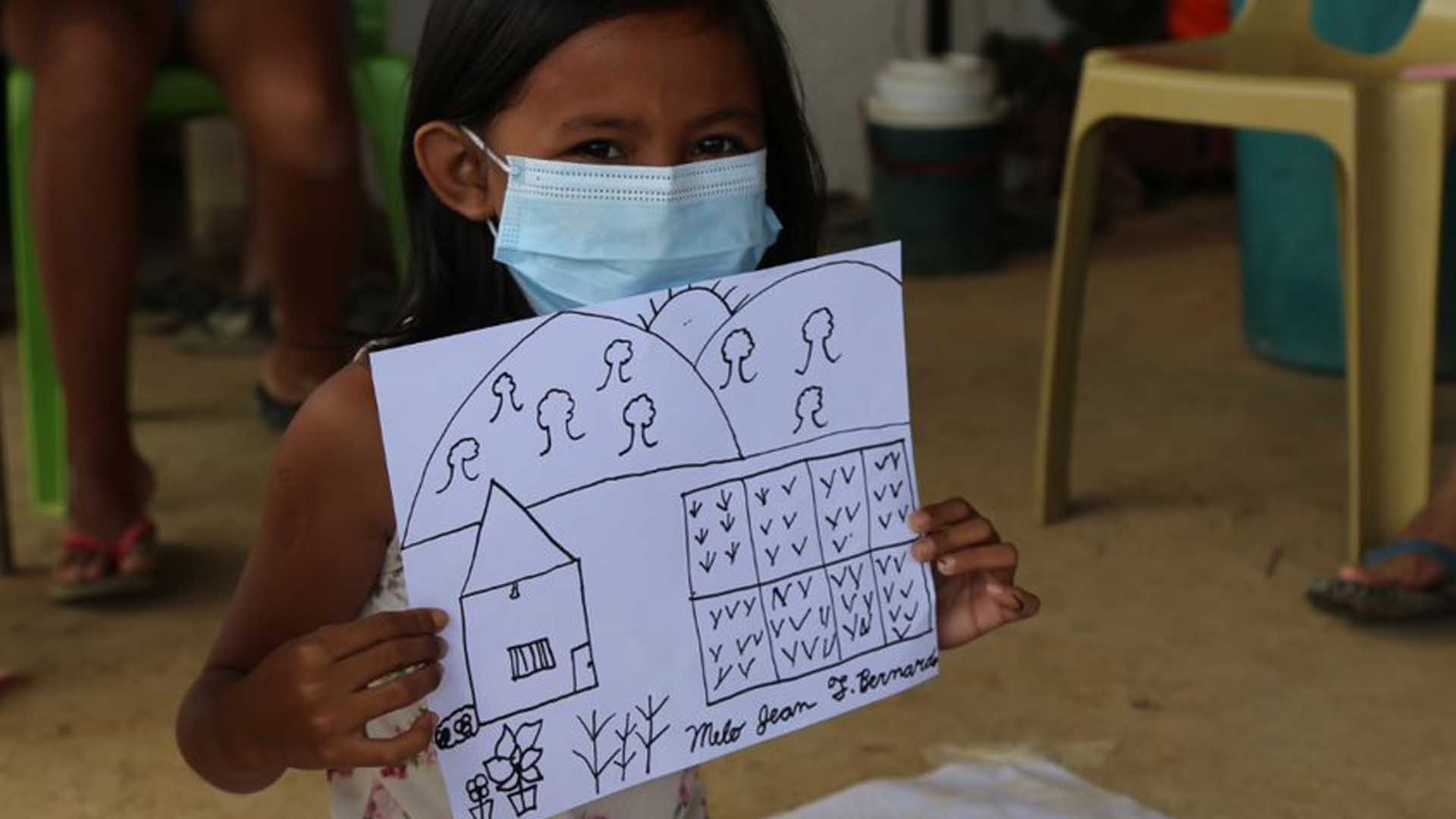The incidence of violence against children, mostly by parents and caregivers, has dramatically increased globally during the COVID-19 pandemic as loss of income from lockdown measures have resulted to increased negative feelings and reduced psycho-social well-being in the household, according to a global research conducted by Save the Children.
The report titled “The Hidden Impact of COVID-19 on Child Protection and Well-Being” revealed that “the more household income that has been lost owing to COVID-19, the higher the reporting of violence in the home by both children and parents/ caregivers.”
At least one in six children reported violence at home during the pandemic. This is mostly in the form of physical and verbal abuse. Also, one in five parents and caregivers similarly reported violence at home. The study was based on a survey of 31,683 parents and caregivers, and 13,477 children aged between 11-17 years old in 46 countries including the Philippines.

Violence in the home setting is strongly linked with loss of household income.
For children whose families did not lose their source of income due to COVID-19, only five percent of them reported violence at home. Conversely, for children whose families lost their household income source, 19 percent of them reported violence and risk of violence in their homes.
Atty. Alberto Muyot, Chief Executive Officer of Save the Children Philippines, said: “The result of the research study is alarming and compels us to listen to our children so we can come up with COVID-19 mitigating measures with a child-rights lens.”
“We call on the national and local governments to prioritize child protection within COVID-19 response plans, and put children’s rights at the core of national and local level infectious disease emergency preparedness plans.”
In line with this, Save the Children Philippines hosted a two-day event titled, “Usapang Child Rights: A Research Forum on Children’s Rights in the Time of COVID-19” on November 25 and 26, 2020 and discussed how the pandemic has affected children’s rights to health, education, participation, and protection. It was attended by key child rights experts, legislators, government representatives, and the academe.
Wilma Banaga, Child Protection Advisor of Save the Children Philippines, said support services to parents and caregivers, including counselling and parenting advice, should be integrated in the COVID-19 response at the community level.
“The pandemic increases the stress of parents and caregivers because of the fear of getting infected, the struggle to bring food on the table, and the continued uncertainties of the situation. Increased levels of stress can sometimes lead to increased aggression towards their children or their spouses,” said Banaga.
Mental health and psycho-social well-being of parents and caregivers are significant in reducing violence against children.
At least 26 percent of children whose parents and caregivers lack access to parenting support, including counseling, mental health services, domestic violence services, cash transfers, childcare and parenting advice and support reported violence in the home setting, compared to only 12 whose parents and caregivers have access to counselling, and parenting support.
“Spending more time with parents/ family and having a stronger relationship within the family were also the primary themes highlighted by children when asked what they had enjoyed the most about this time [during the COVID-19 pandemic],” the research said.
“The impact of the COVID-19 pandemic to children will go beyond the health crisis. We call on parents, caregivers and local government leaders to strengthen our collective efforts to uphold children’s right to protection from all forms of physical or mental violence, abuse, exploitation and neglect every day and in times of crisis,” Muyot concluded.







